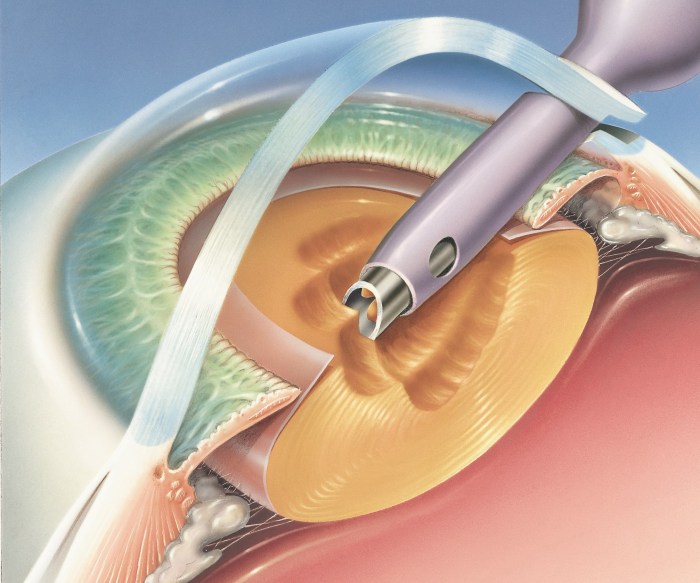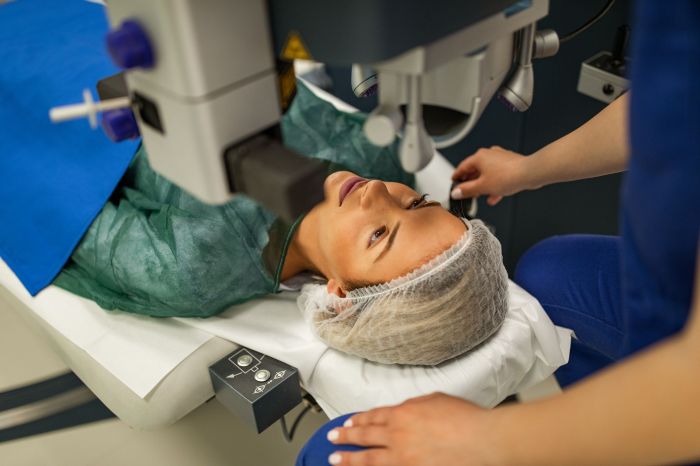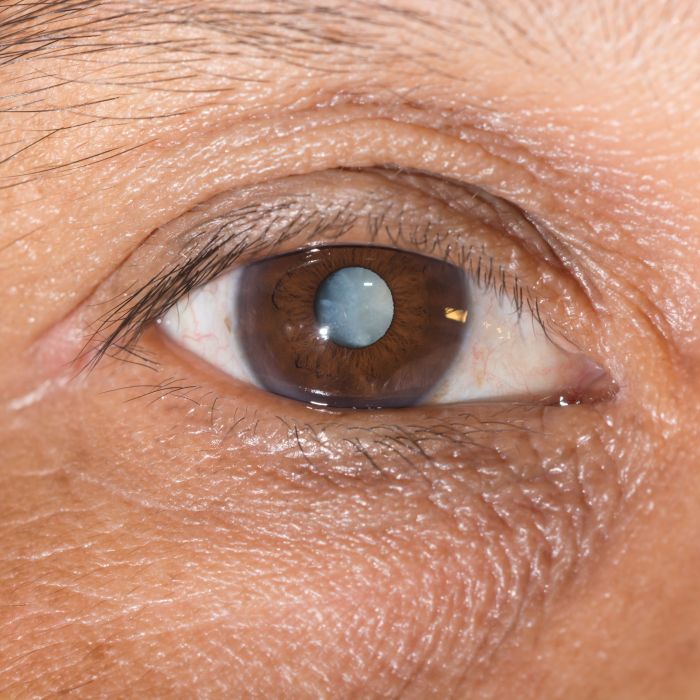What surgery might help with a patient’s vision milady? This question plagues countless individuals seeking respite from impaired sight. Embark on an illuminating journey as we delve into the realm of surgical interventions designed to restore and enhance vision, empowering patients to reclaim the clarity and vibrancy of their world.
From laser eye surgery to corneal transplants, a myriad of surgical options awaits, each tailored to address specific vision impairments. Understanding the intricacies of these procedures, their risks and benefits, and the meticulous patient evaluation process is paramount in determining the optimal surgical pathway for each individual.
Types of Vision Impairments

Vision impairments encompass a wide range of conditions that affect the ability to see clearly. These impairments can vary in severity and cause, and can have a significant impact on an individual’s daily life.
Common Vision Impairments, What surgery might help with a patient’s vision milady
- Myopia (Nearsightedness):Difficulty seeing distant objects clearly.
- Hyperopia (Farsightedness):Difficulty seeing nearby objects clearly.
- Astigmatism:Irregular curvature of the cornea or lens, resulting in blurred vision at all distances.
- Presbyopia:Age-related loss of near vision.
- Cataracts:Clouding of the lens, causing blurred vision and reduced light sensitivity.
- Glaucoma:Damage to the optic nerve due to increased pressure in the eye, leading to gradual loss of vision.
- Macular Degeneration:Deterioration of the macula, resulting in loss of central vision.
Underlying Causes and Risk Factors
Vision impairments can be caused by a variety of factors, including genetic predisposition, age, lifestyle choices, and environmental exposures.
- Genetic factors:Some vision impairments, such as myopia and hyperopia, have a strong genetic component.
- Age:Presbyopia is a common age-related vision impairment, while cataracts and macular degeneration are more likely to occur in older adults.
- Lifestyle choices:Smoking, excessive alcohol consumption, and poor nutrition can increase the risk of developing certain vision impairments.
- Environmental exposures:Prolonged exposure to ultraviolet radiation, dust, and other pollutants can contribute to vision problems.
FAQ Explained: What Surgery Might Help With A Patient’s Vision Milady
What are the common types of vision impairments?
Vision impairments encompass a wide spectrum of conditions, including nearsightedness, farsightedness, astigmatism, cataracts, glaucoma, macular degeneration, and diabetic retinopathy.
What is the process for evaluating patients for vision surgery?
Patient evaluation involves a comprehensive eye examination, including visual acuity testing, refraction assessment, and imaging studies. The surgeon meticulously assesses the patient’s overall health, ocular anatomy, and specific vision impairment to determine the most suitable surgical option.
What are the potential risks and benefits of vision surgery?
As with any surgical procedure, vision surgery carries certain risks, including infection, bleeding, and scarring. However, the potential benefits often outweigh these risks, offering patients the prospect of improved vision, reduced dependence on corrective lenses, and enhanced quality of life.


